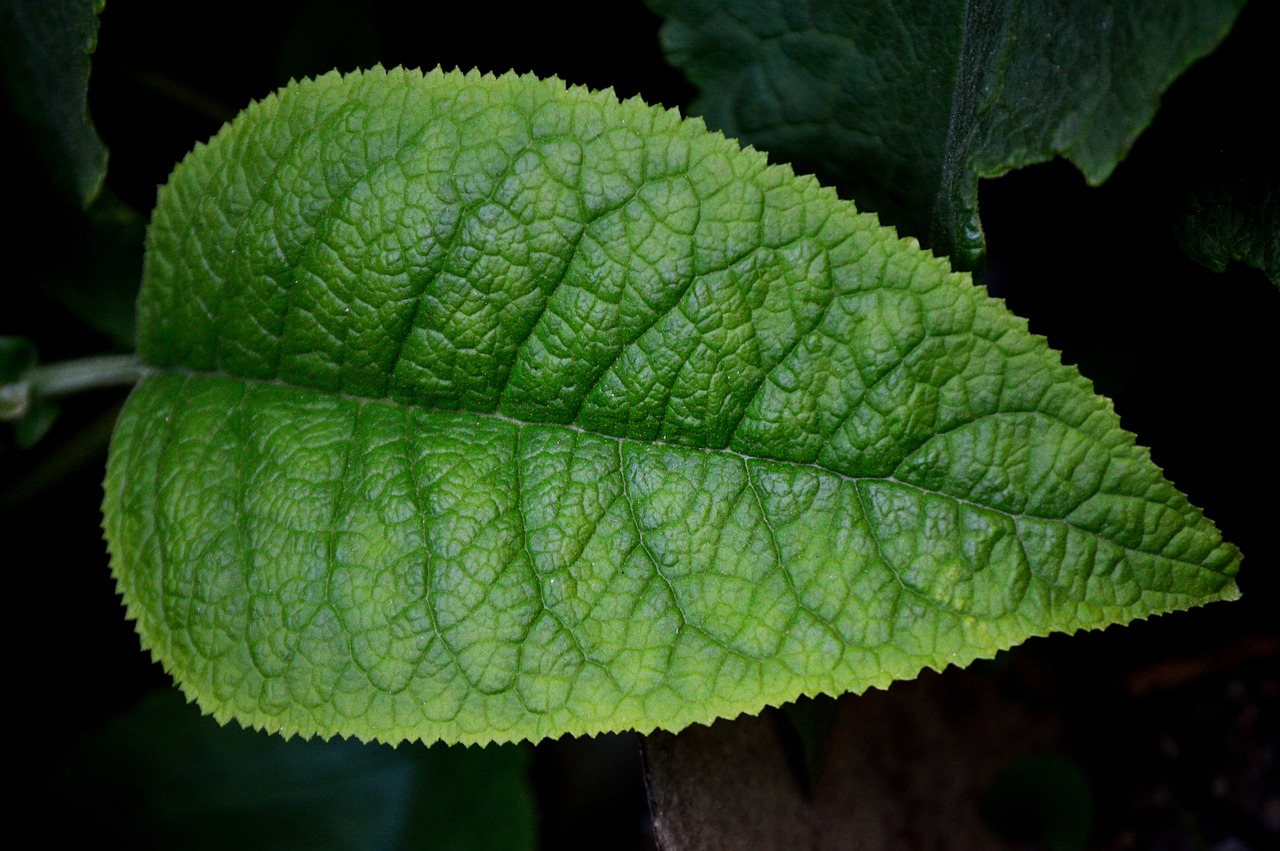Due to alarming data on air pollution in England, the British Transportation Department has established to allocate € 24 millions for research and development of a green fuel from waste that can be used to feed airplanes and trucks, with the goal to cut greenhouse gases by 80 percent by 2050.
Airplanes and trucks could cut 90 percent of carbon emissions, using a fuel comparable to that already in use, but obtained from waste from landfills. For this reason, existing engines of vehicles should not be subject to substantial modifications.
Those money will also be spent on building five non-polluting fuel production plants. Meanwhile, fuel quality tests carry on, to which at least 70 groups took part, such as Lanzatech, which in 2016, in collaboration with the Virgin Airline, created a fuel that could reduce greenhouse gas emissions by 65 percent. LanzaTech has produced 1,500 US gallons of jet fuel derived from the industrial gases given off by steel mills.
The LanzaTech fuel was created by capturing these gases, which would have otherwise been dispersed into the atmosphere, and converting them to a low-carbon ethanol called “Lanzanol” through a fermentation process.
The process implemented by the companies is based on the controlled fermentation of waste collected in a bioreactor. Bacteria identified by this process eats organic waste, consumes gases, and produces, as a waste, precious fuel.






